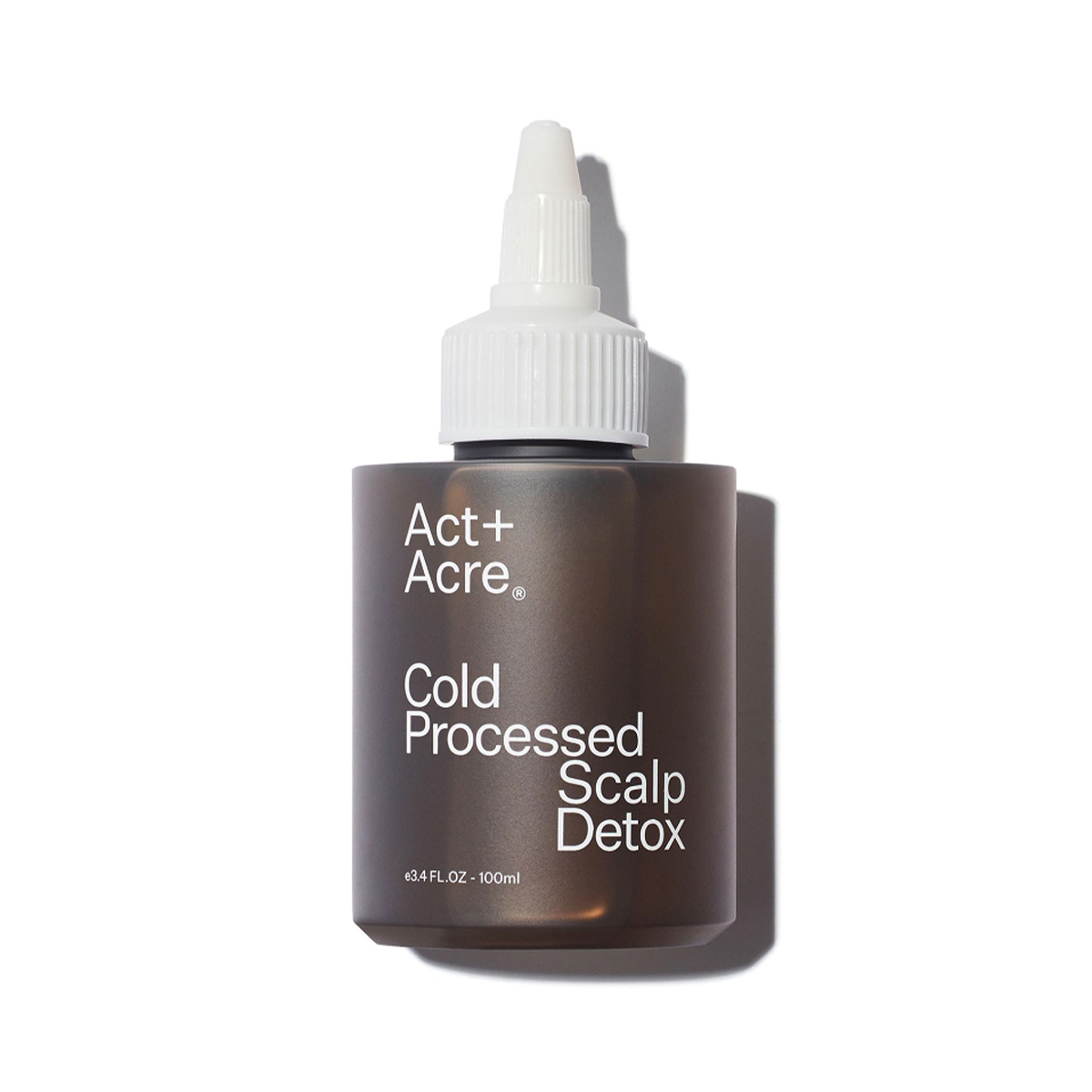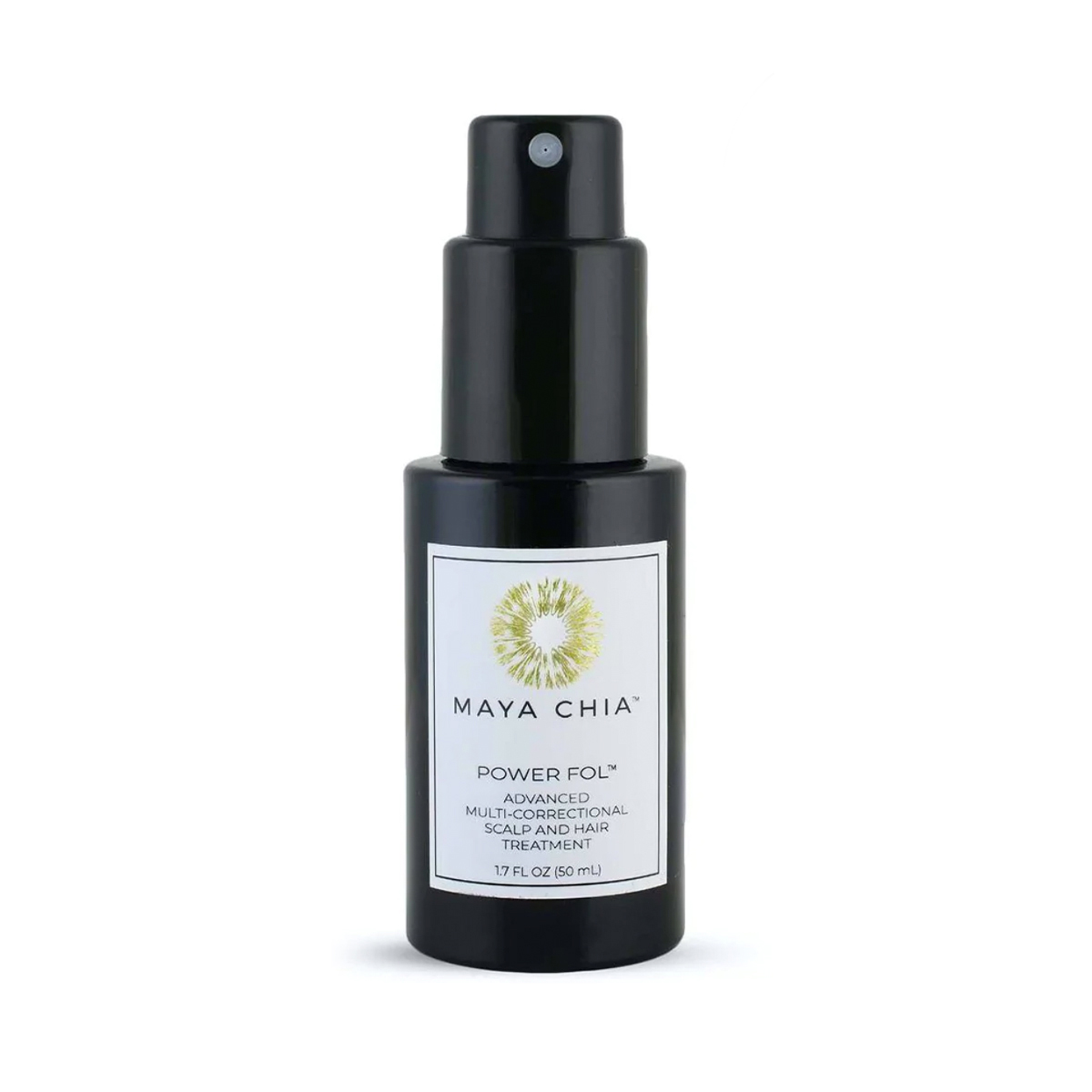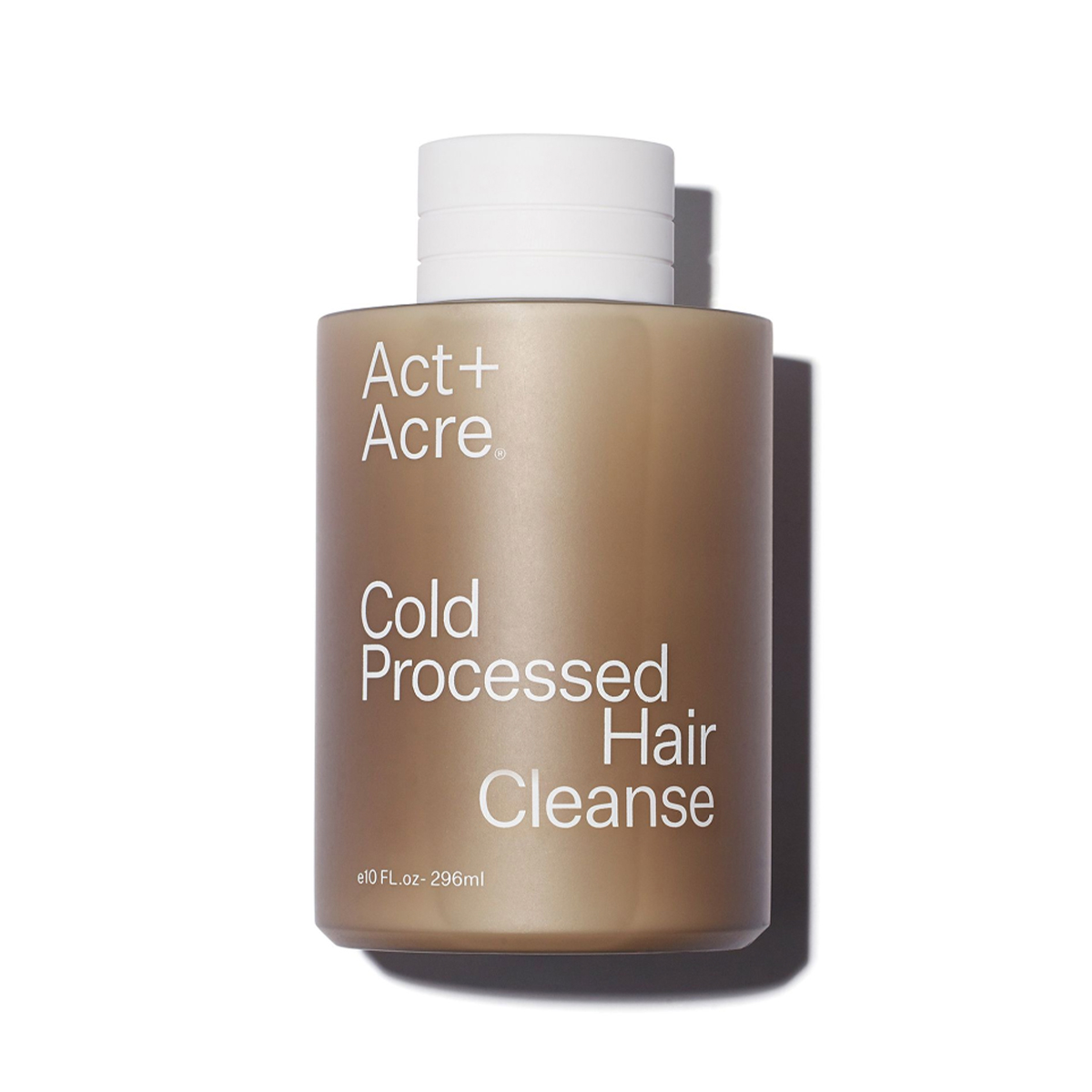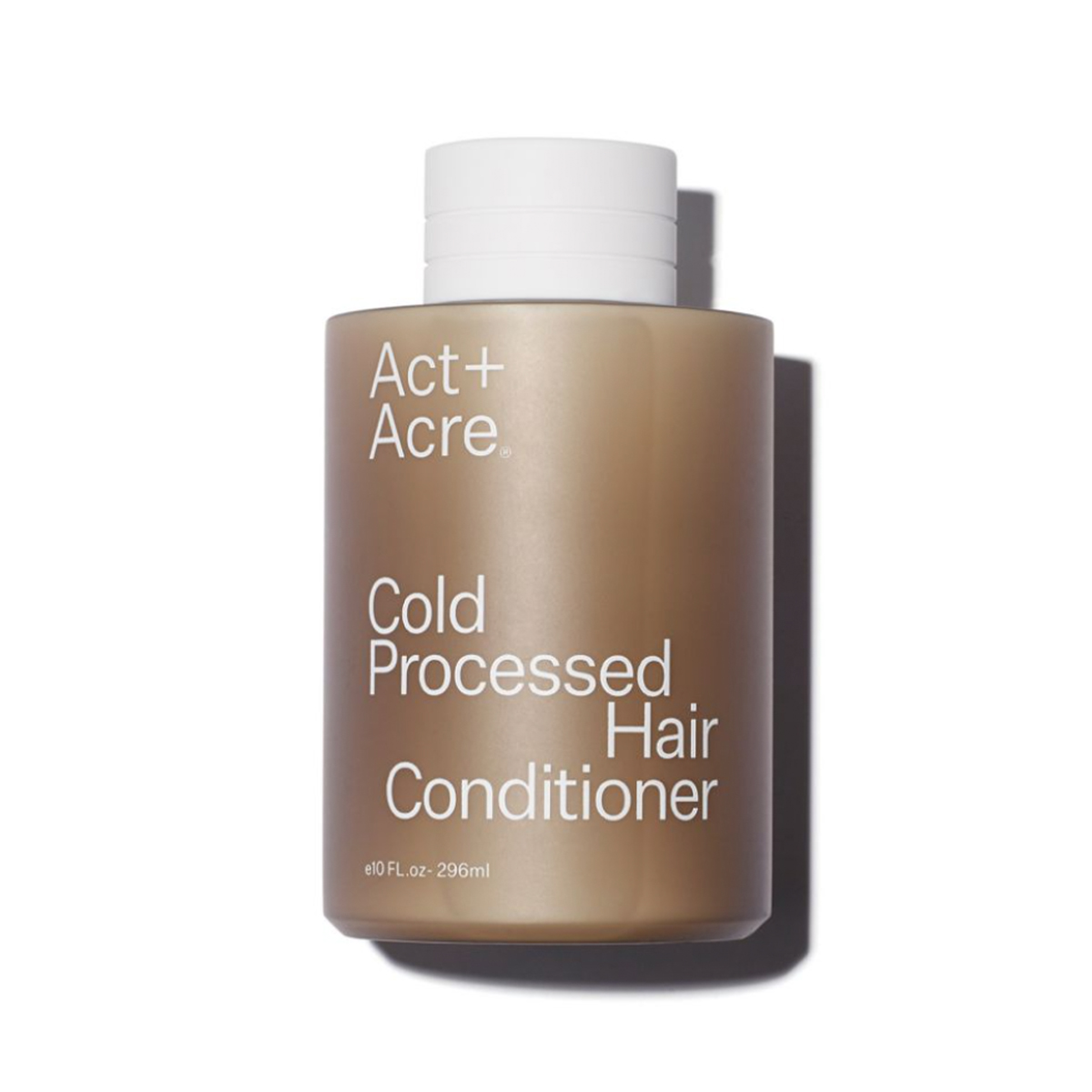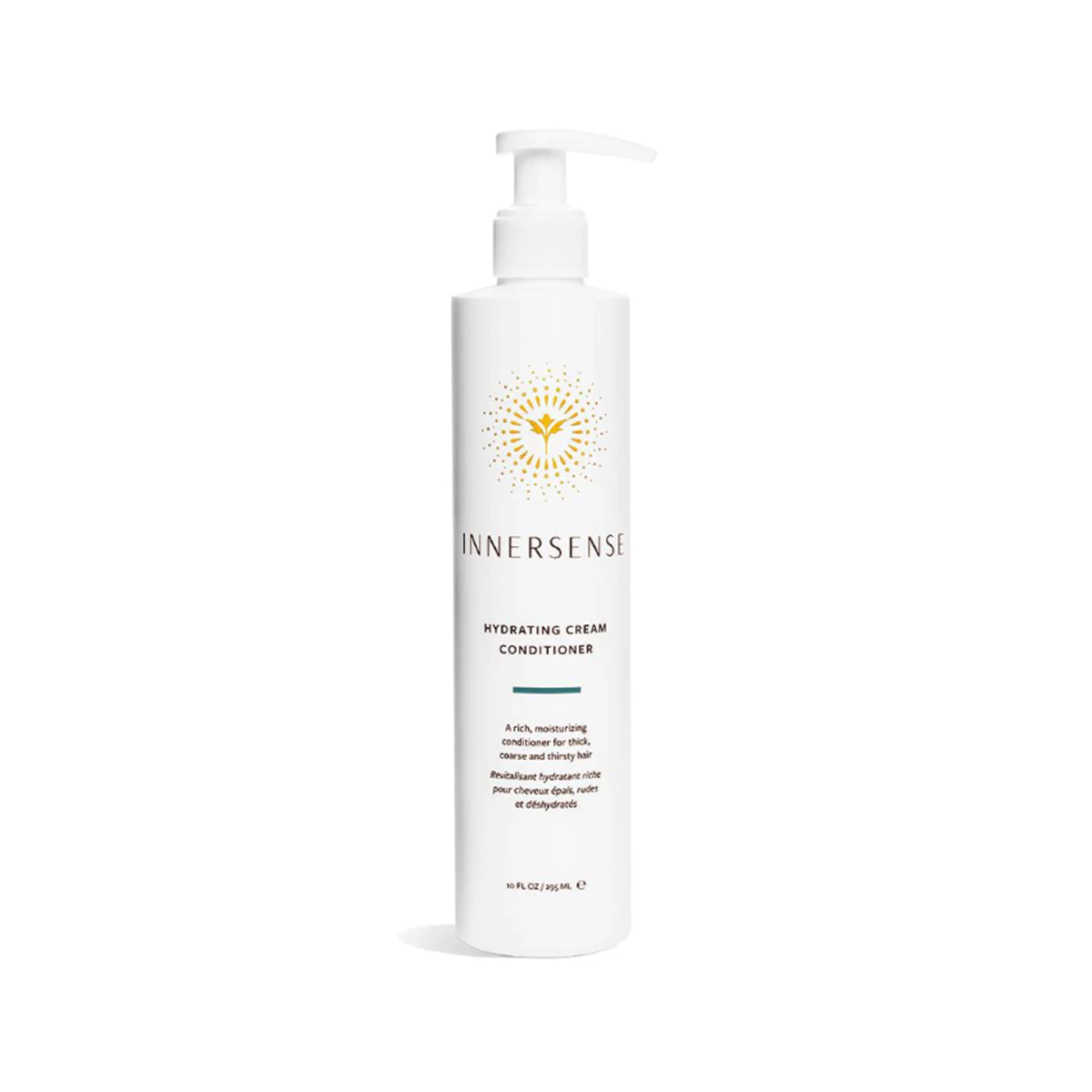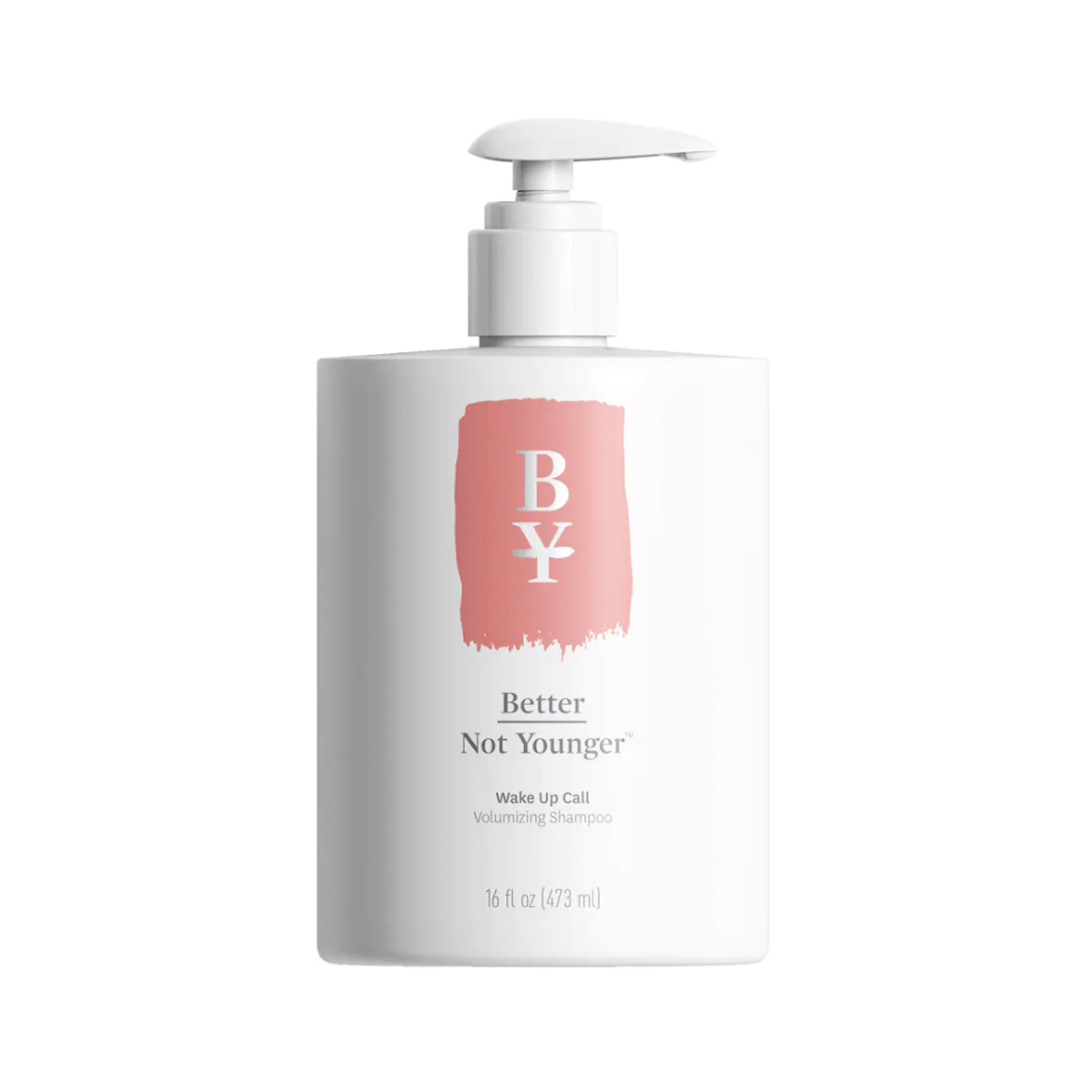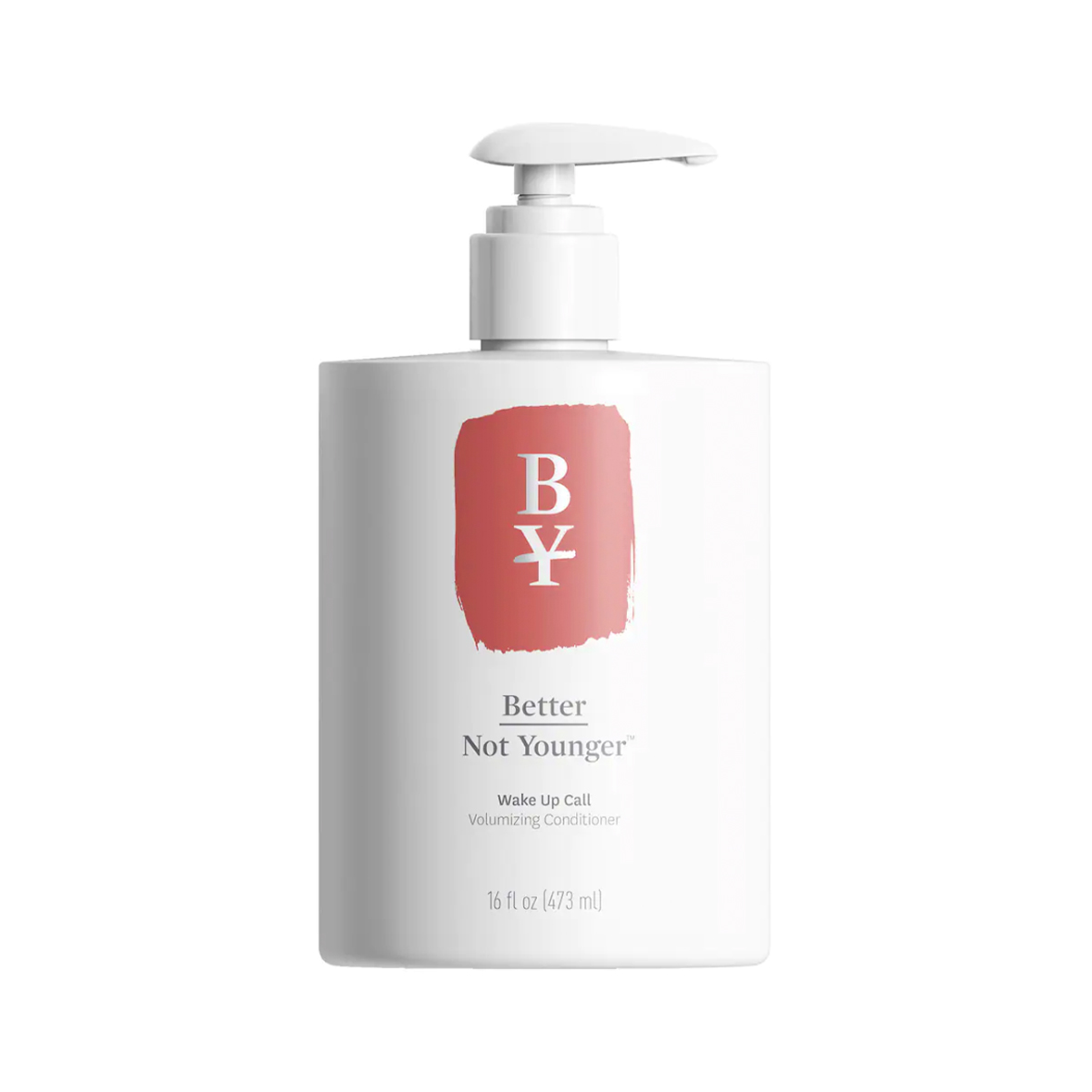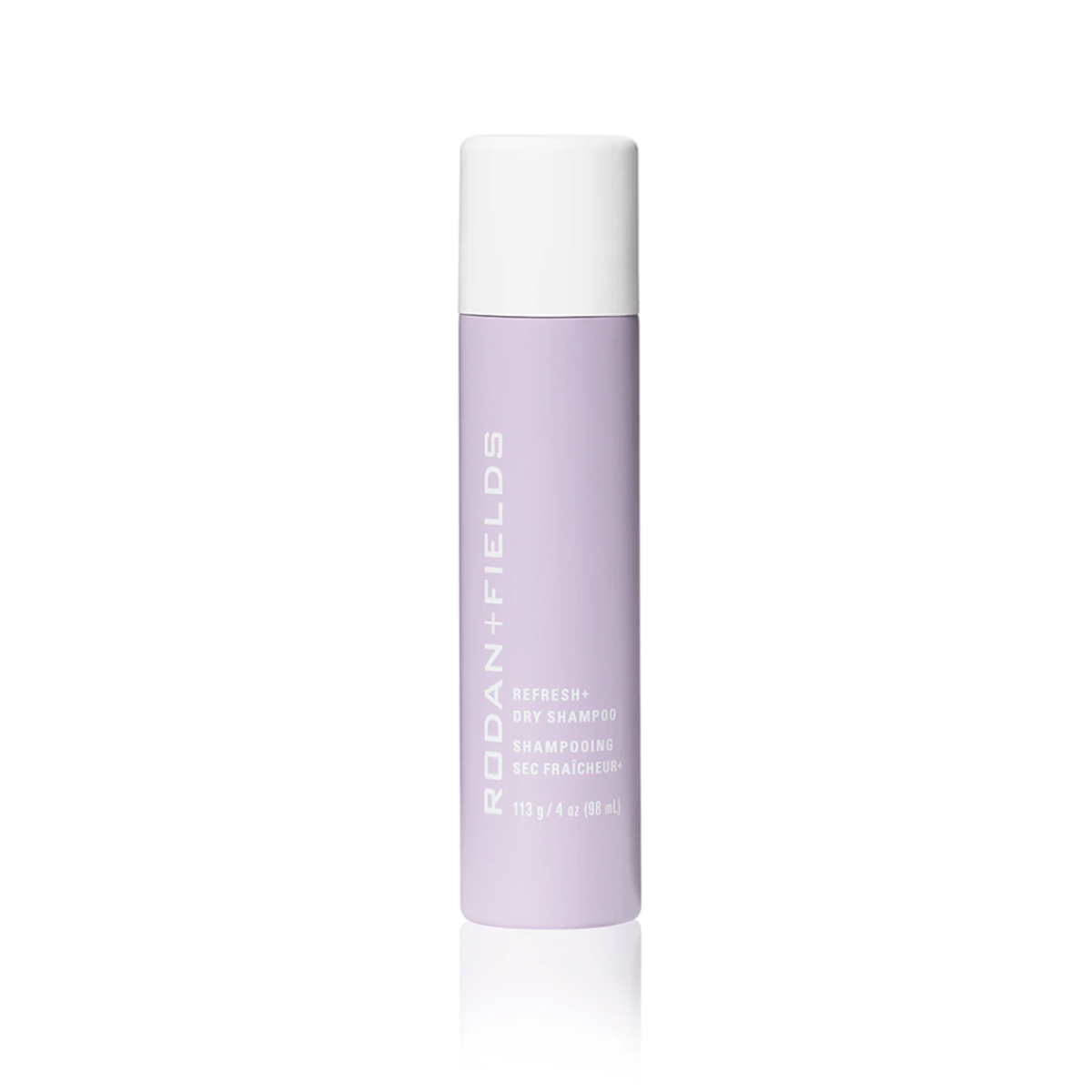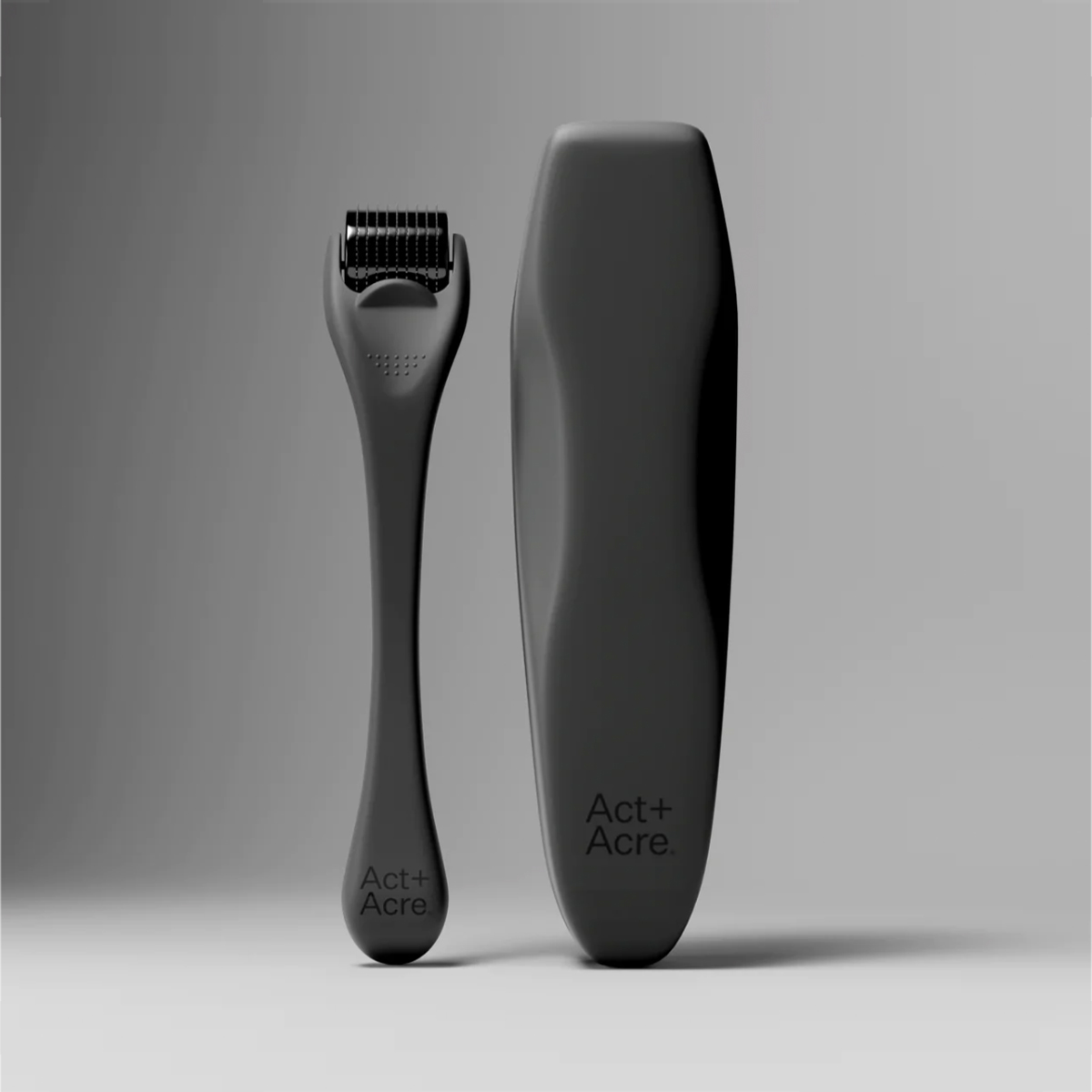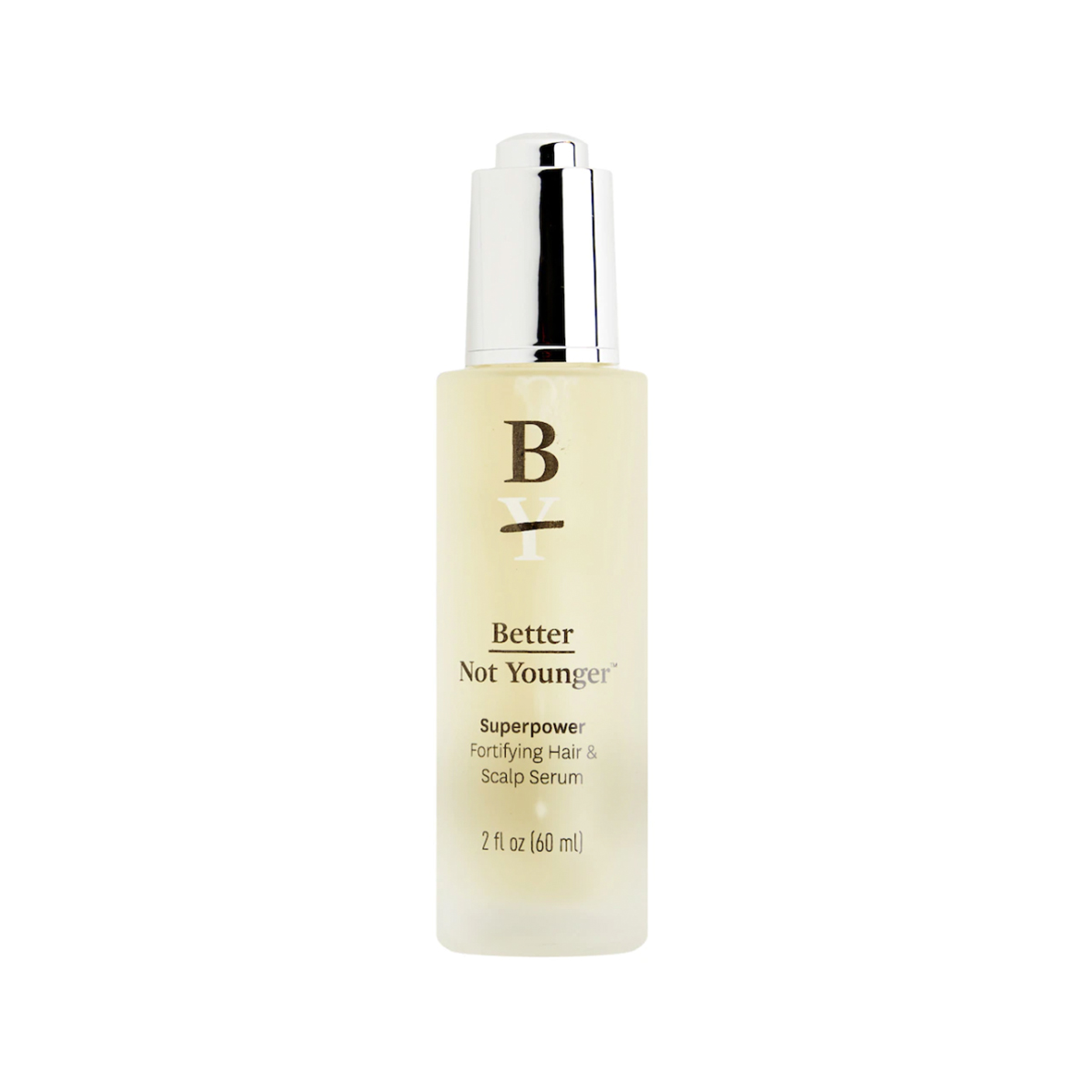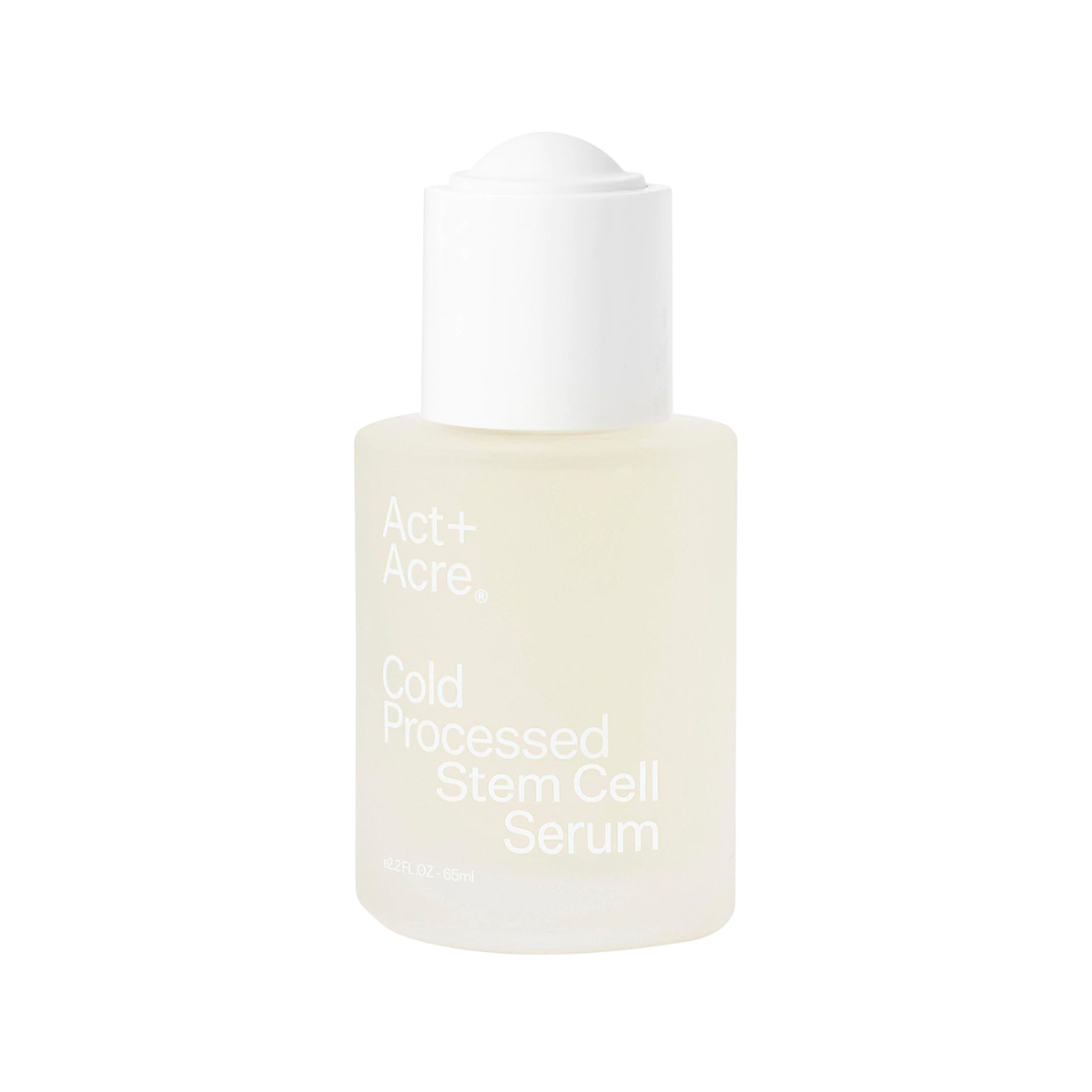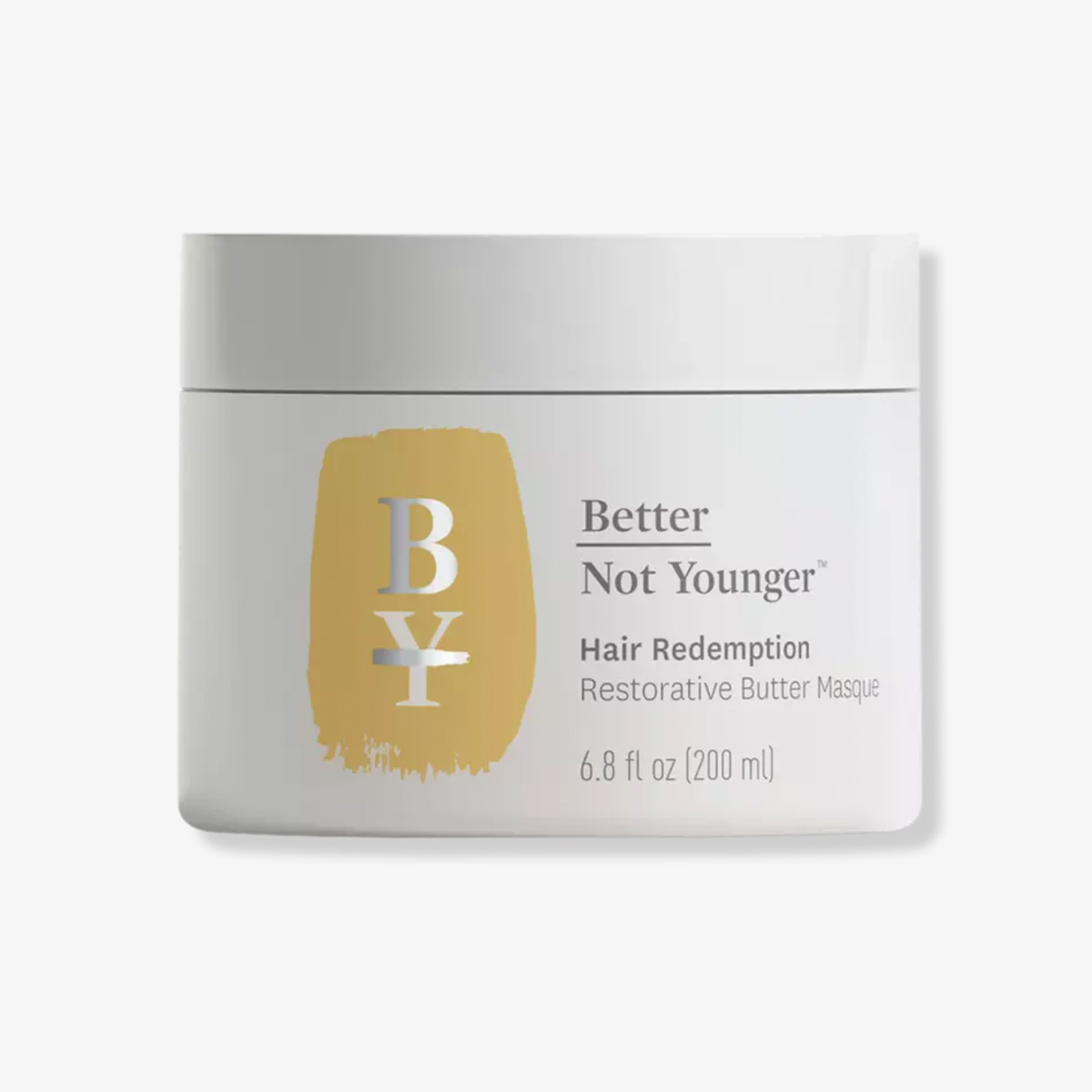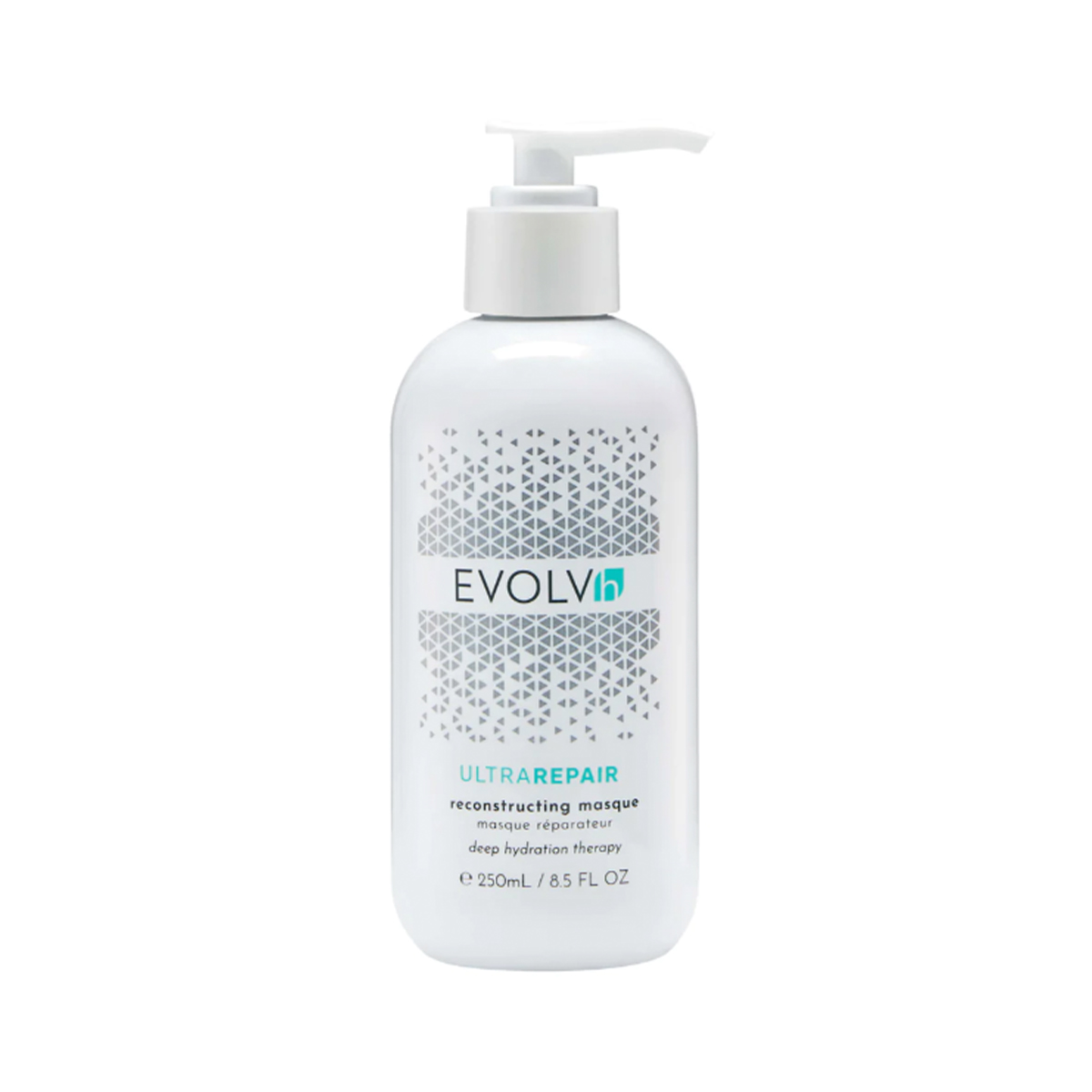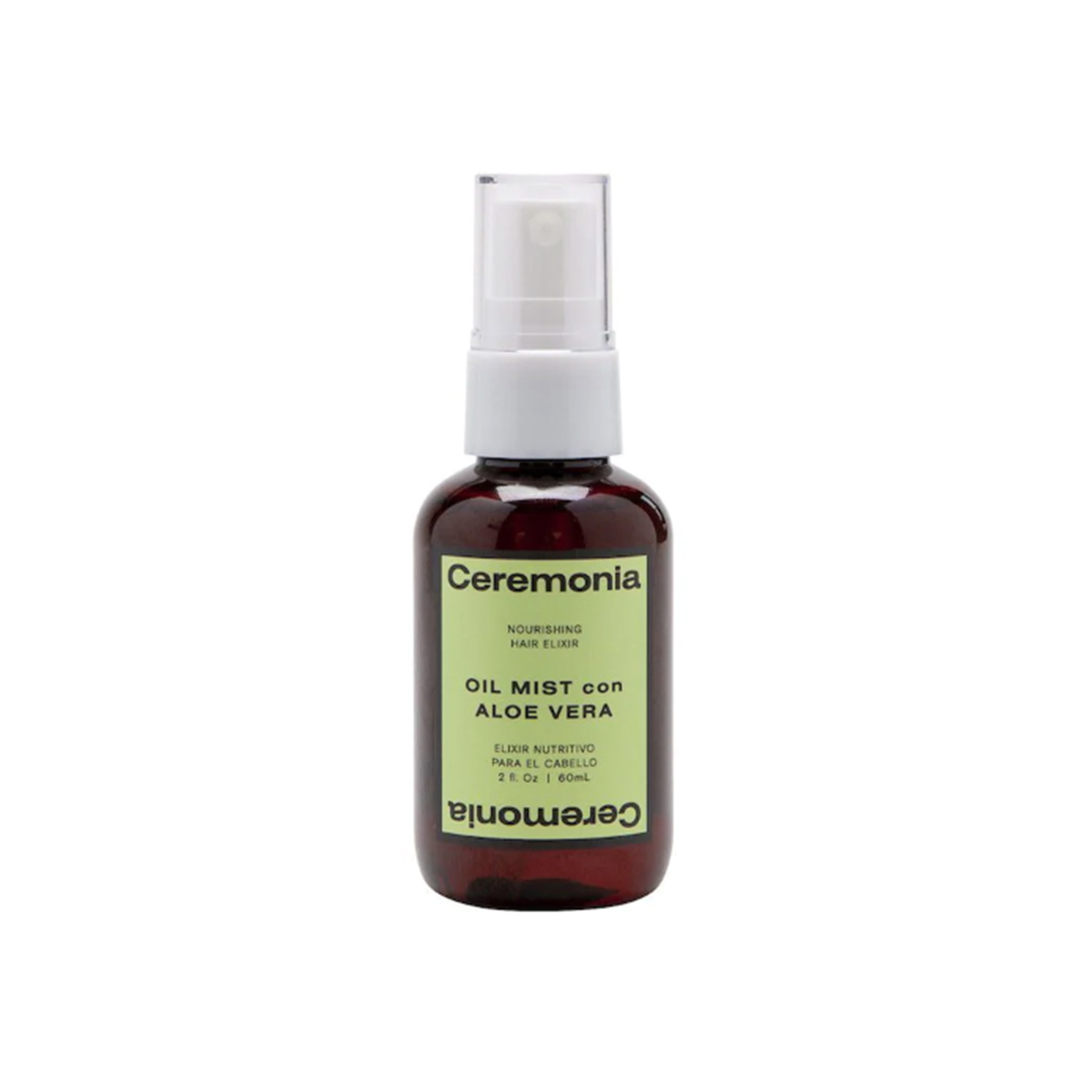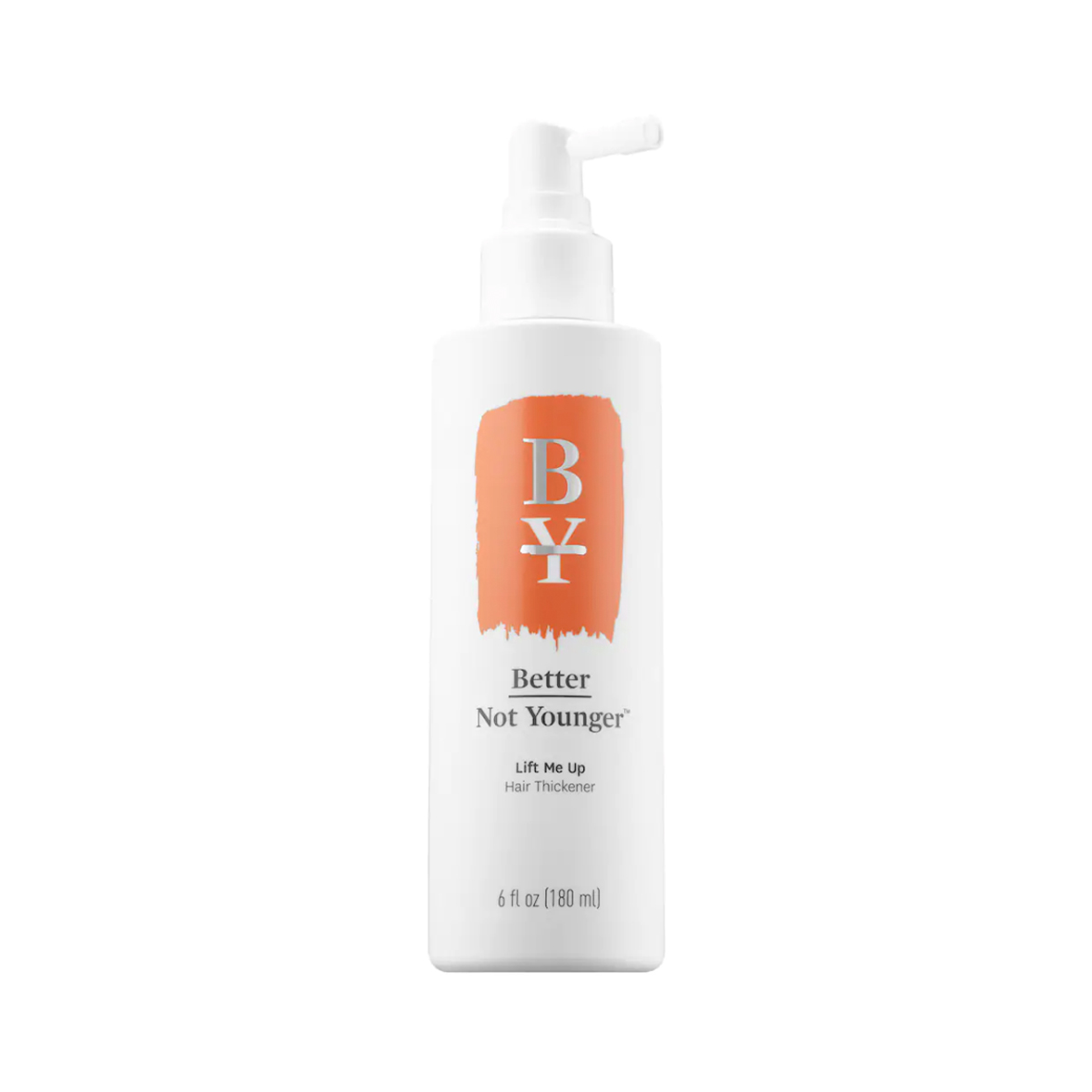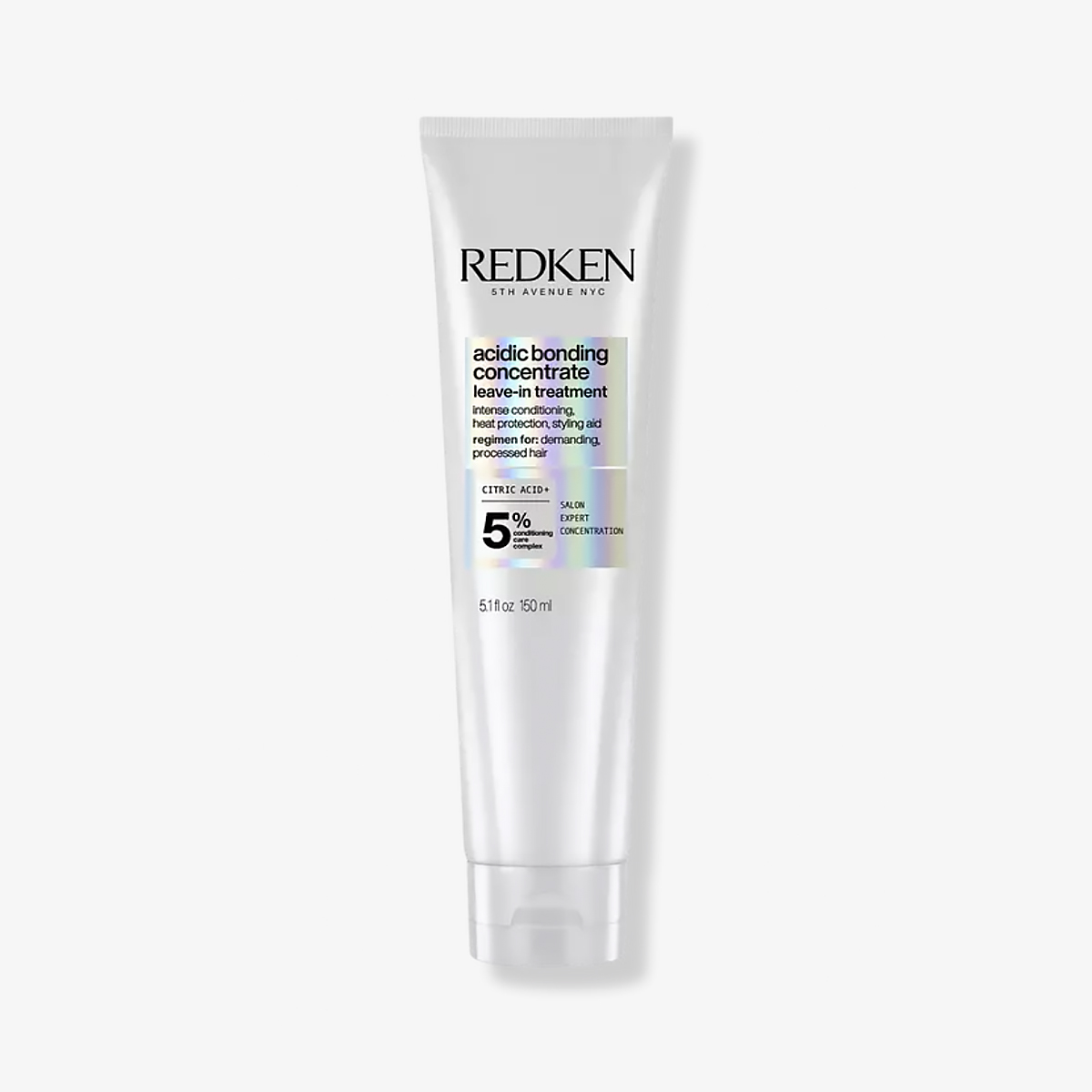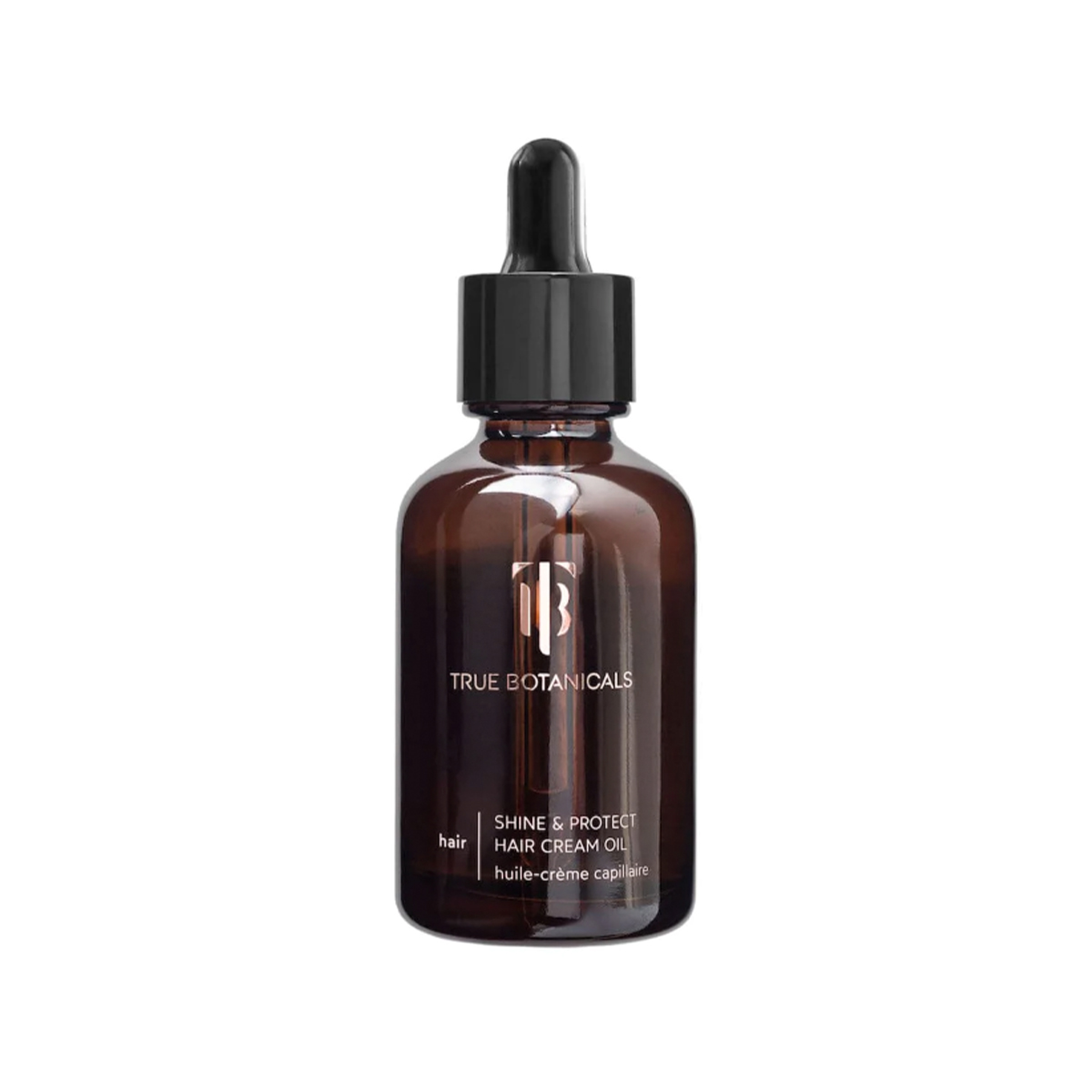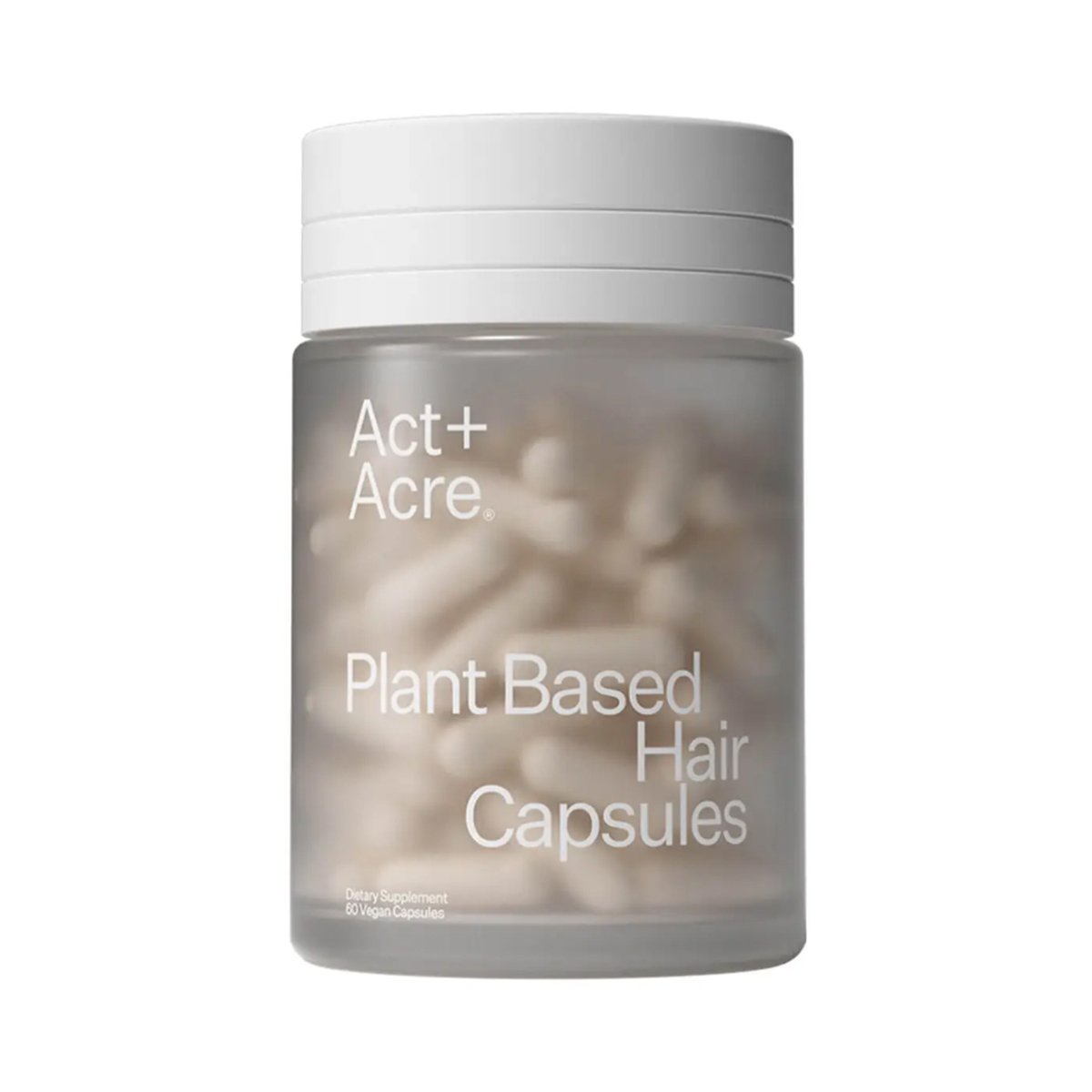My Mom Wanted to Reverse-Age Her Hair—Here's What Celeb Stylists Prescribed Her

As a skincare enthusiast, makeup artist, and YouTuber, my stunning 74-year-old mom knows a thing or two when it comes to beauty. (You should see her bathroom and vanity—I think she has more products than I do!) However, even though my mom has her makeup and skincare routines down pat, especially when it comes to highlighting her natural beauty (she's never even had a facial, let alone a prick of Botox), one area she's been unable to crack is haircare. Issues like thinning, dullness, and dryness have become more prominent as she's gotten older, but unlike the skincare realm (where's there's an influx of "anti-aging" products and information), there isn't a lot out there in regard to how our hair—and the routines we follow—change as we get older.
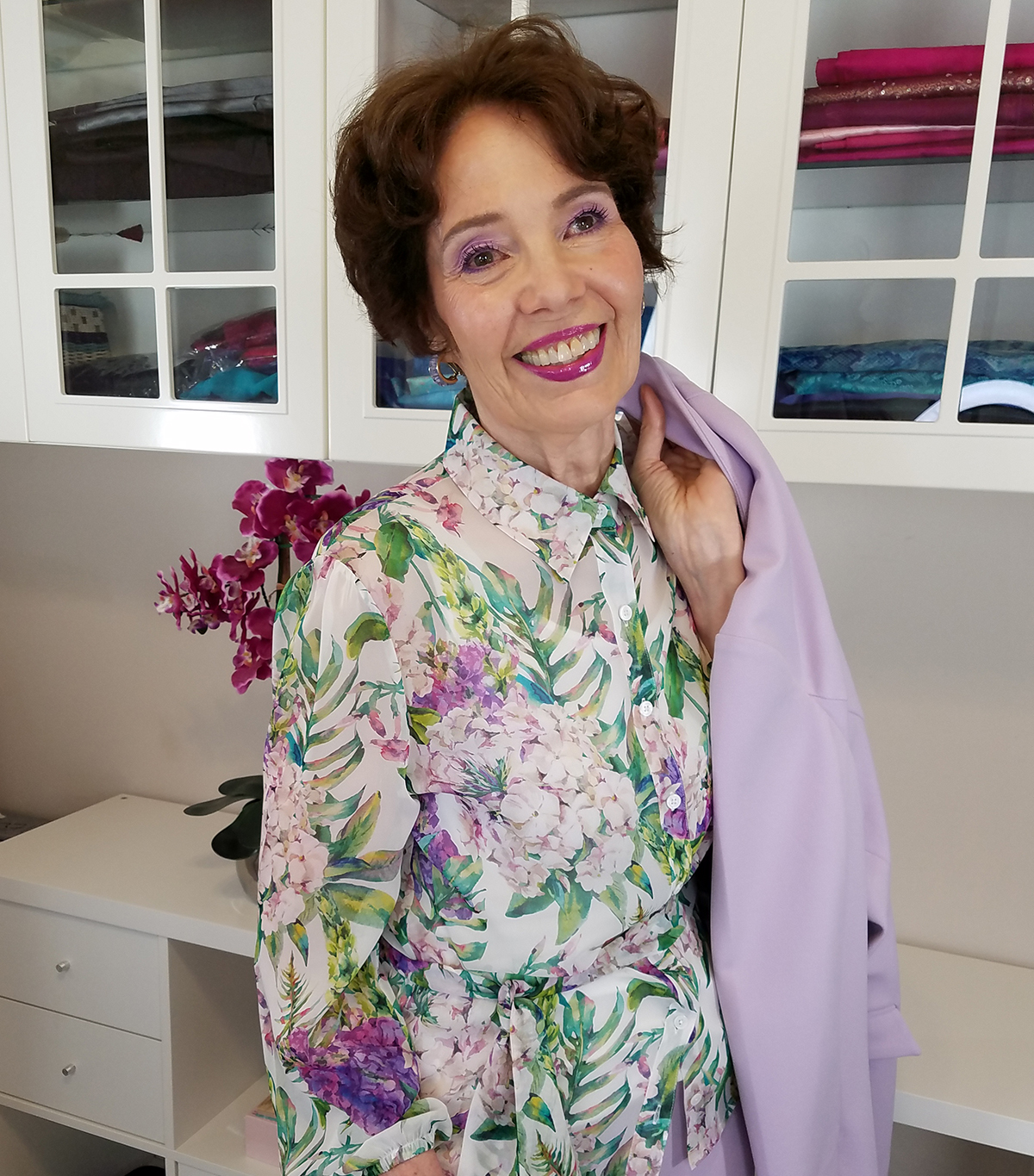
I might be a beauty editor, but whenever my mom asks me what she should be shifting or using within her haircare routine to address the concerns listed above, I'm always at a little bit of a loss—I'm not a hair expert, after all! So to get some answers once and for all about how our hair ages plus the best products and protocols to support our strands and scalp as much as possible, I reached out to practically every expert I could think of, from celebrity stylists and colorists Bridget Brager and Matt Rez to a trichologist and various brand founders. Ahead, everything you ever wanted to know about how our hair changes and ages over time plus all of the helpful expert tips detailing what to do about it. Keep scrolling!
But First, What Happens to Our Hair (and Scalp!) as We Get Older?
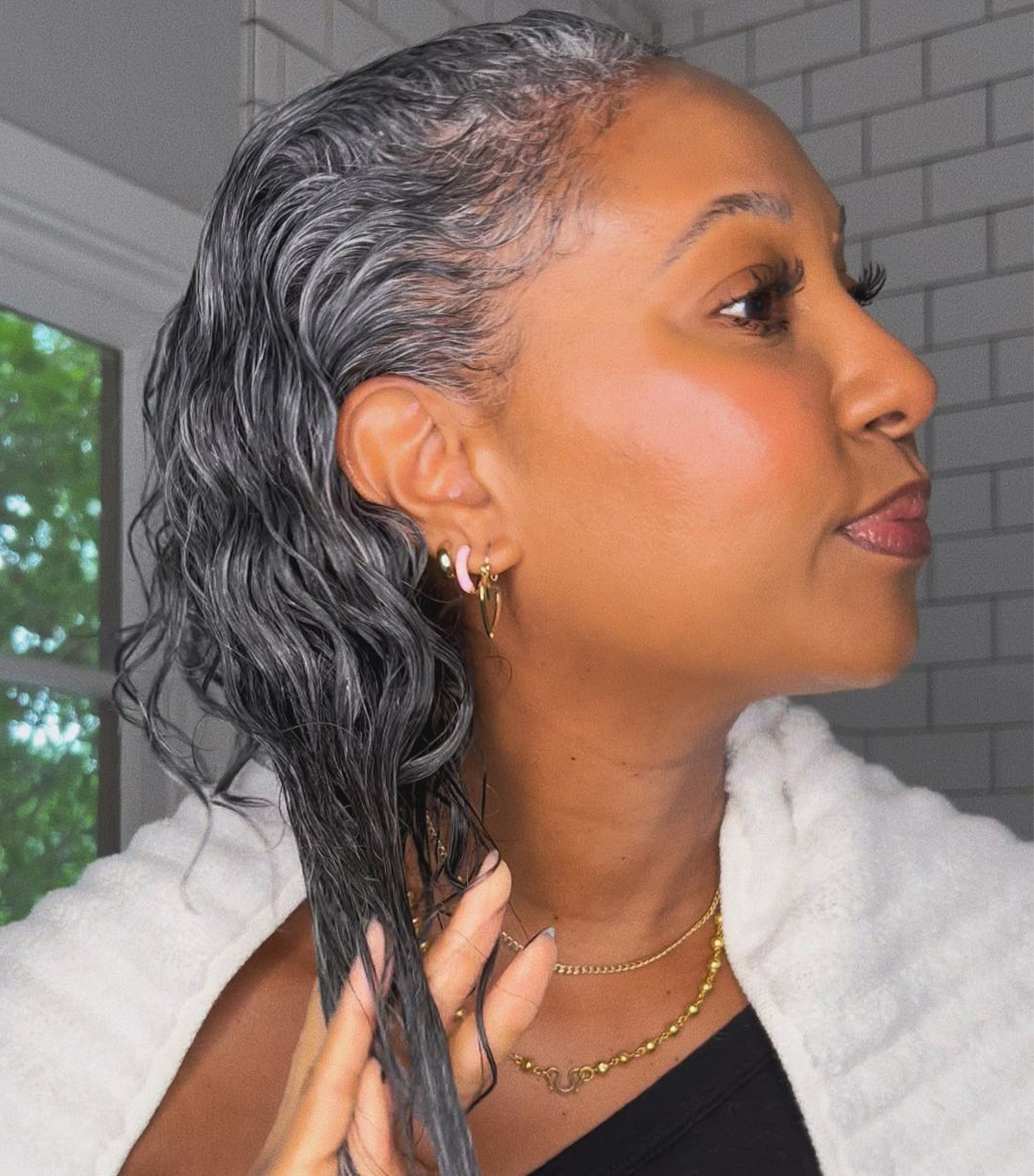
According to celebrity stylist Bridget Brager, there are lots of common changes that can occur as we age. "This is normal, and hormones play a big role in our hair cycles and scalp changes," she explains. "Just as with the rest of your skin, the production of collagen and elastin in the scalp starts to slow down, and many women may begin to notice thinning, wiry strands, and gray or unpigmented hair. Our scalp creates fewer new follicles, and the diameter of the hair starts to become thin." Plus, thanks to that shortage of collagen (which helps create moisture), the scalp can feel drier than it did when we were younger.
"I would say right around age 50 is when most people will start to notice this," says celebrity colorist and Redken ambassador Matt Rez. "And as time goes by, it will likely become more noticeable; the hair gets less shine due to that lack of moisture and natural oils, which in turn can lead to brittleness and breakage."
However, as trichologist, hairstylist, and founder of Act+Acre Helen Reavey points out, it's not just the inevitable loss of collagen and dehydroepiandrosterone (DHEA) minerals that can affect hair and scalp health—other factors like stress levels, diet, illness, hormonal imbalances, or even product buildup can also cause or simply exacerbate matters.
But fear not; it's not as dismal as it all sounds! According to my experts, by avoiding some common mistakes and by incorporating some key practices and products, you can stave off and even help improve many of the issues noted above.
Common Mistakes to Avoid
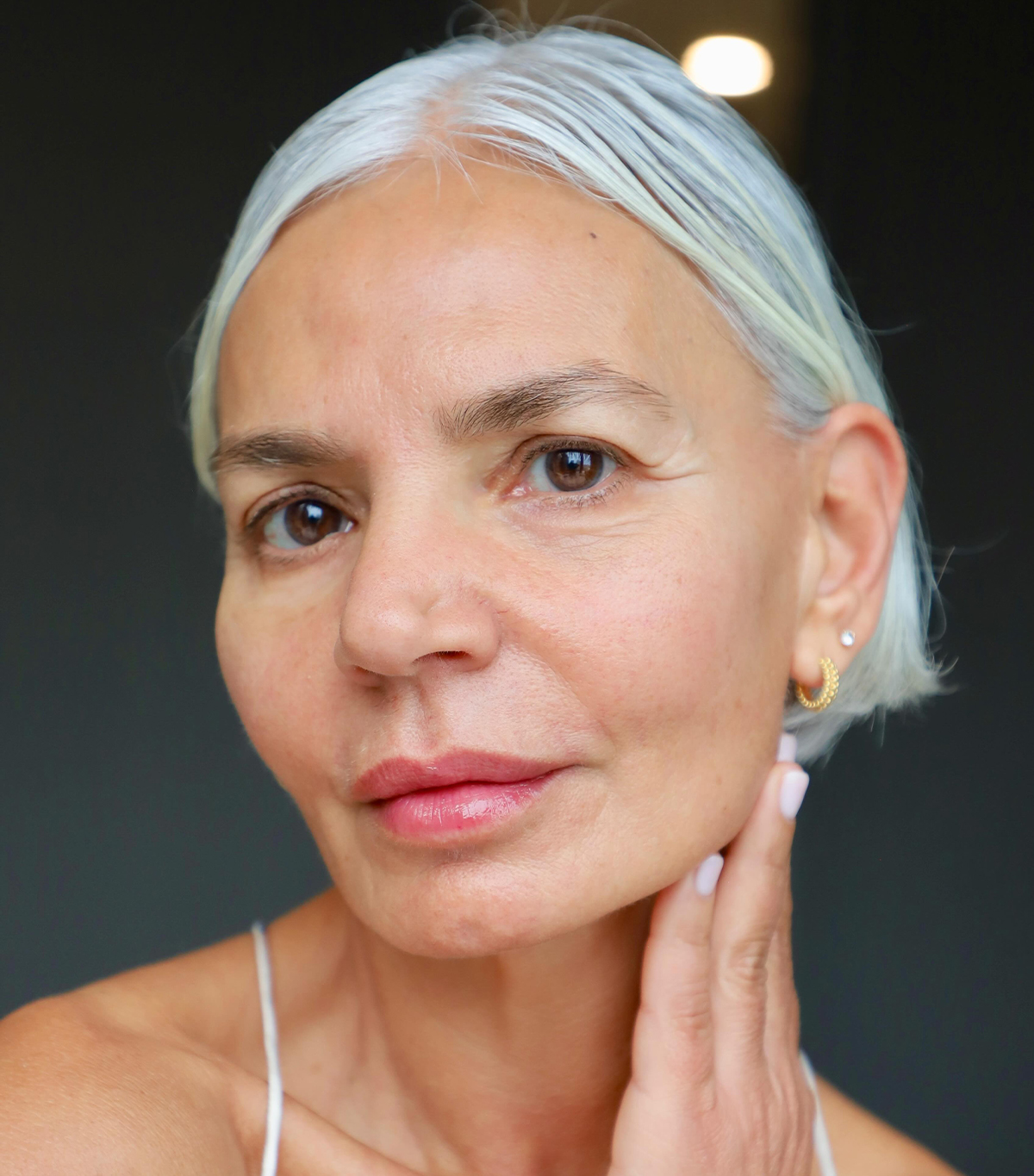
Quitting conditioner: "As we get older, many people stop conditioning the hair in an effort to add more volume or body, thinking conditioner adds weight to thinning hair," Brager shares. "This is a mistake because we actually need as much moisture as possible as we age."
Over-coloring/-processing the hair: "I see a lot of people over-color unpigmented hair thinking that it make the color last longer, but really, this will just dry the hair out even more" she warns. (Instead of color, ask your stylist for a gloss which will lend lots of shine to aging strands.)
Over-washing: On a similar note, Rez explains that over-washing will also cause excessive dryness, which you definitely want to avoid. To help retain natural oils, aim to wash every two to three days, if possible.
Not using the proper hair products: "A lack of proper haircare products to really help strengthen the hair from within can be a super-common mistake," continues Rez. (Think products that promise moisture but end up causing buildup and weighing it down, products that cause breakage, etc.)
Treating your hair like you did in your 20s and 30s: "Mature hair is more fragile and porous, so aggressions that were okay in your 20s and 30s can wreak havoc for aging hair," notes founder of Better Not Younger Sonsoles Gonzalez. "The most common mistake is using shampoos with harsh sulfates and/or over-washing. As we try to compensate for the changes we are experiencing, we might be overusing styling products and heating tools. While you might not want to give them up altogether, try to pick alcohol-free stylers, always use a heat protectant, and try to air-dry whenever you can."
Neglecting temperature control: "When you are using hot tools, you should never go over 400°F, even for coarse hair!" agrees Natalie Kurpeski, from Credo's Pro Team. "Medium hair should keep the temperature between 300ºF and 350°F and between 180ºF and 280°F for fine hair."
Forgetting scalpcare: "Like skin, the scalp ages too. It becomes thinner and has less elasticity, making it harder to hold on to moisture," adds Gonzalez. "It is important to regularly detox the scalp from buildup, and to apply scalp-specific products that provide nourishment."
The Best Staple Products for Aging Hair
Pre- or Post-Shampoo Detox Treatments
Once a week before showering, Reavey suggests a gentle exfoliating treatment (such as Act+Acre's Scalp Detox) to break down oil and remove any sticky product buildup from the scalp. "I recommend steering clear of scalp scrubs as the beads can create tears in the scalp, leading to an increased risk of inflammation/infection," she warns.
"Healthy hair grows from a healthy scalp, so try investing in a leave-on scalp treatment like Maya Chia's Power Fol Multi-Correctional Scalp and Hair Treatment, which is an absolute must-have," says Kurpeski. "It does wonders for dryness or dandruff and can stimulate the hair follicle to reduce hair loss and increase hair growth."
Hydrating Shampoo & Conditioner
"Double-cleanse with a sulfate- and synthetic-free shampoo," advises Reavey. "I always recommend double cleansing since the first cleanse removes product buildup, while the second wash actually cleanses the scalp. Then, condition the hair with a moisture-rich conditioner that restores hydration in the hair strands."
"At the very least, you need a high-quality SLS-free shampoo and super-hydrating conditioner to properly cleanse without further drying the scalp and to soften parched hair," Kurpeski agrees. "The Innersense Hydrating Hair Bath and Hydrating Cream Conditioner are magic for bringing dull, dry hair back to life!"
Volumizing Shampoo & Conditioner
If you have finer strands, Gonzalez suggests considering a sulfate-free cleansing shampoo designed to add body to fine hair. "Make sure you pick a volumizing product that hydrates fine, thin locks as it provides the volume. These gentle cleansing shampoos for fine hair also help prevent buildup, which can weigh down fine hair."
An A+ Dry Shampoo
To help prevent the temptation to over-wash (which will dry out your strands) Brager recommends incorporating a pro-approved dry shampoo into the mix. "If you’re an everyday washer, try to wash ever other day, or even better if you lack moisture, every two to three days. I like Rodan+Fields Refresh+ Dry Shampoo on your off days to freshen up your strands and add a boost of volume."
A Scalp Roller
"On a freshly washed scalp, use Act+Acre’s Scalp Dermaroller to accelerate hair growth," Reavey instructs. "The needles work to create micro-channels on the scalp to stimulate blood flow to the hair follicle and release growth factors to promote hair growth while increasing topical product absorption."
A Nourishing Scalp Serum
"It’s important that we keep our scalp healthy and our follicles active," shares Gonzalez. "Adding a nourishing scalp serum can help activate lazy hair follicles and rebalance scalp oils to not only promote stronger hair but also help combat age-induced hair thinning. As you apply, always remember to massage your scalp to increase circulation and help bring nutrients to follicles."
A High-Quality Hair Mask
"Dry tresses are more susceptible to breakage, which contributes to hair thinning with age," Gonzalez explains. "An occasional deep-conditioning mask can work wonders by hydrating parched locks and adding shine to your hair."
"To directly tackle the signs of aging in the hair, a protein-building hair mask, like the amino acid–rich UltraRepair Reconstructing Masque from EVOLVh, a few times a month, can help improve hair elasticity and prevent breakage," says Kurpeski.
A Luxe Hair Oil
According to our experts, adding a light oil into your routine can work wonders in the shine and moisture departments. "After your serum, add a moisturizing hair oil to help repair dry and damaged hair, smooth frizz, and mend split ends," says Reavey.
Strategic Leave-Ins
If thinning and/or volume is a concern, opt for a thickening leave-in formula, which Gonzalez notes can help expand aging hair fast.
More concerned about breakage, dullness, and/or shine? Opt for a bonding formula like Redken's Acidic Bonding Concentrate Leave-In Conditioner for Damaged Hair. "It has superior heat protection to lessen heat damage, and it will leave the hair structure and cuticle super smooth so the hair is more reflective and shiny," explains Rez.
A Hair Cream
If you have some natural curl or texture, Kurpeski says a hair cream can be a great addition to an anti-aging routine. "This will provide additional moisturizing and shine benefits that can also serve as an amazing styling aide. They can be scrunched into natural waves, finger-twisted into curls, or smoothed onto straight or sleek hair textures. Look for one with heat protection for multitasking benefits."
A Supplement
Last but not least, most of the experts I chatted with recommended adding a high-quality hair supplement into the mix. "I recommend adding daily vitamins and nutrients to your routine if you haven’t already!" encourages Reavey. "Look for vitamins that are rich in plant extracts and amino acids, which work to support common nutrient deficits in the modern diet. By increasing collagen, keratin, and elastin levels in your body, healthy hair growth and hair density is promoted from a cellular level. Our plant-based hair capsules work to promote hair growth, resilience, and visible strand thickness."
Up next, People Don't Believe My Mom Is In Her 70s—Here Are 11 Anti-Aging Serums She Loves
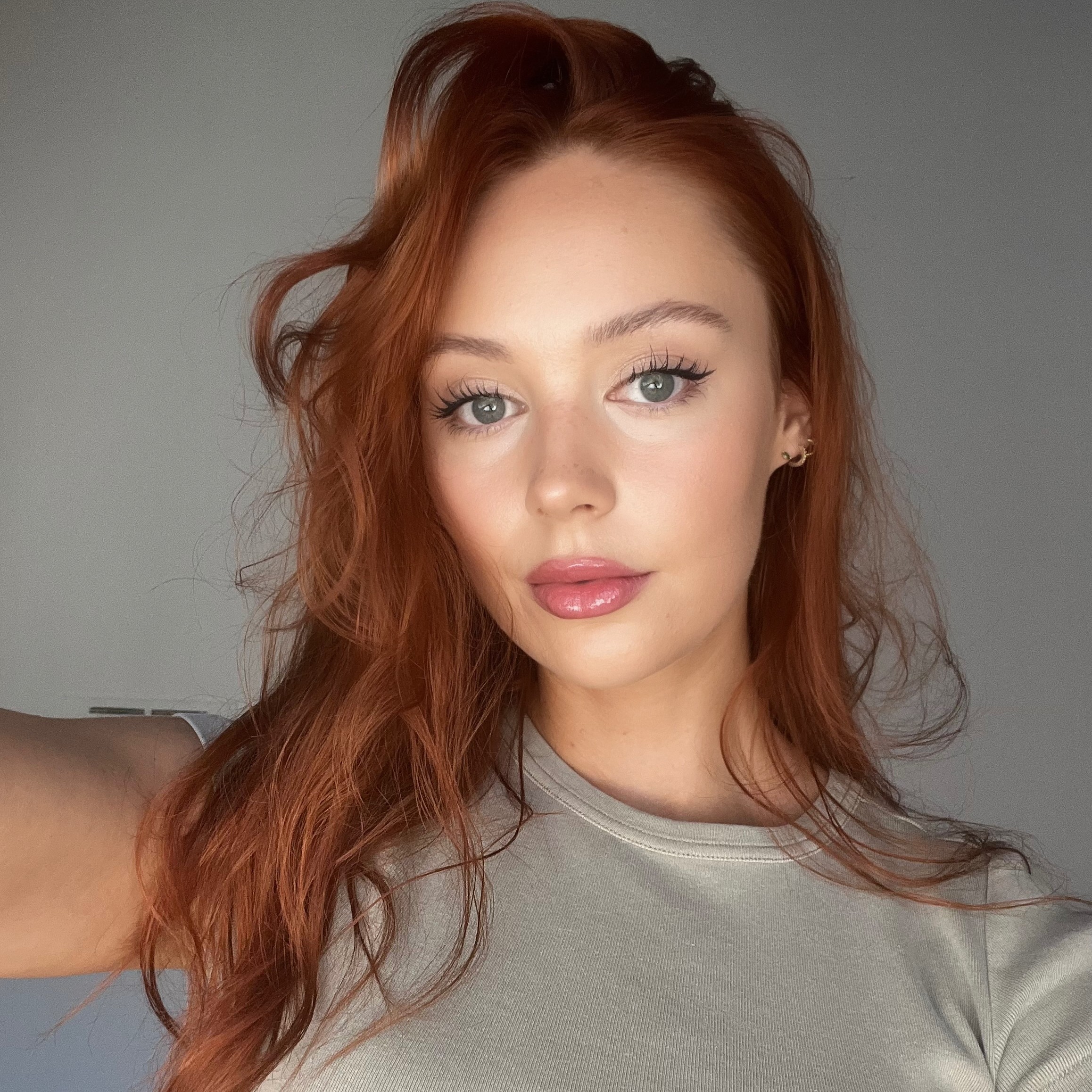
Erin has been writing a mix of beauty and wellness content for Who What Wear for over five years. Prior to that, she spent two and half years writing for Byrdie. She now calls Santa Monica home but grew up in Minnetonka, Minnesota, and studied writing, rhetoric, and communication at University of Wisconsin, La Crosse. She studied abroad in Galway, Ireland, and spent a summer in L.A. interning with the Byrdie and Who What Wear family. After graduating from UW, she spent one year in San Francisco, where she worked as a writer for Pottery Barn Kids and PBteen before moving down to L.A. to begin her career as a beauty editor.
